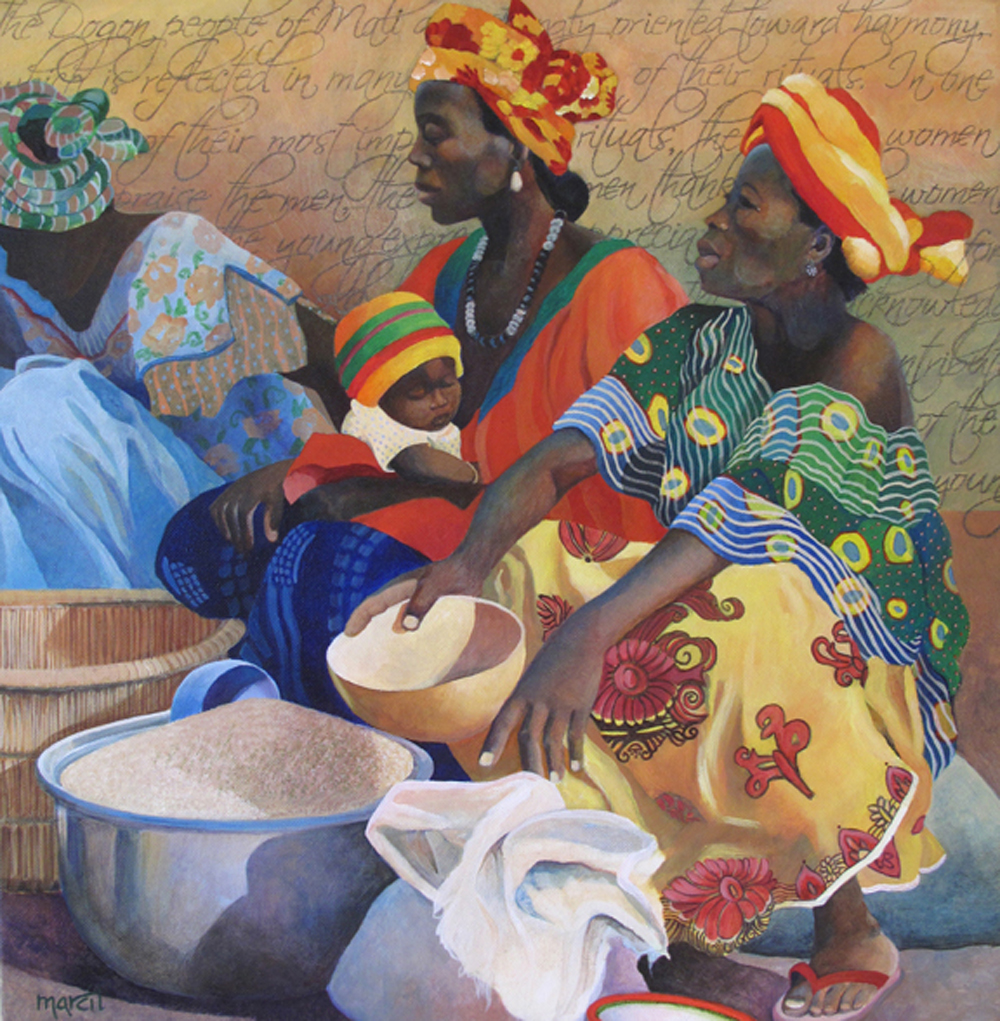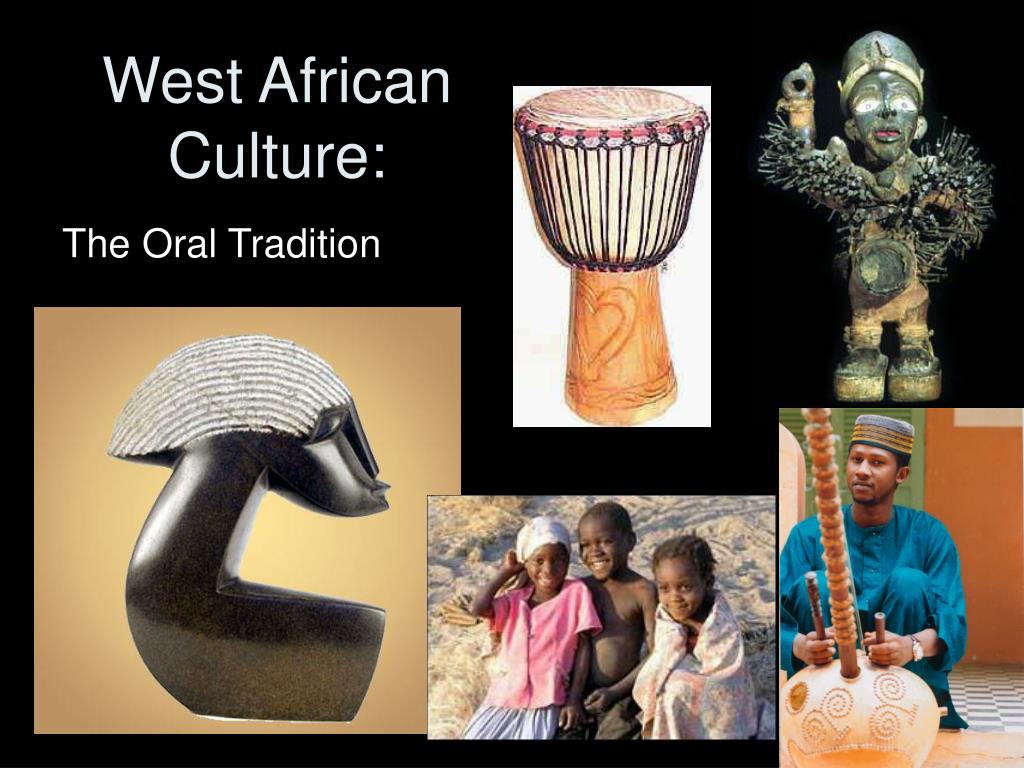West African culture is a mesmerizing blend of traditions, languages, and artistic expressions that have shaped the identity of the region for centuries. From its rich history to its vibrant festivals, this cultural heritage continues to captivate people worldwide. The cultural tapestry of West Africa is not only diverse but also deeply rooted in history, making it a fascinating subject to explore. In this article, we will delve into the intricacies of West African culture, uncovering its traditions, influences, and global significance.
West Africa, a region located in the westernmost part of the African continent, is home to over 300 million people spread across countries such as Nigeria, Ghana, Senegal, and Mali. The diversity of its ethnic groups, languages, and traditions makes it one of the most culturally rich areas in the world. Each community within the region brings something unique to the table, contributing to a vibrant mosaic of cultural expressions.
This article aims to provide an in-depth exploration of West African culture, offering insights into its history, traditions, music, art, and cuisine. By understanding the cultural nuances of this region, readers will gain a deeper appreciation for the contributions West Africa has made to global culture. Whether you're a traveler, researcher, or simply someone curious about the world, this journey into West African culture promises to be both enlightening and inspiring.
Read also:Unveiling The Life Of Cheryl Hines Daughter What Does She Do
Table of Contents
- The Rich History of West African Culture
- Traditions and Rituals in West Africa
- Languages of West Africa
- The Melodic Essence of West African Music
- Art and Craftsmanship in West Africa
- Festivals and Celebrations in West Africa
- West African Cuisine: A Flavorful Journey
- Religious Beliefs and Practices
- The Global Influence of West African Culture
- Efforts to Preserve West African Culture
The Rich History of West African Culture
West African culture has a deep and storied history that dates back thousands of years. From ancient kingdoms like Mali and Ghana to the transatlantic slave trade, the region's history is marked by significant events that have shaped its cultural identity. The legacy of these historical milestones continues to influence the cultural practices of the region today.
One of the most notable periods in West African history is the rise of the Mali Empire in the 13th century. Under the leadership of Mansa Musa, Mali became a center of wealth and learning, attracting scholars and traders from across the world. This era laid the foundation for the cultural exchange that would define West Africa's relationship with the rest of the world.
Colonialism and Its Impact
The colonial period brought significant changes to West African culture, as European powers imposed their languages, religions, and governance systems on the region. However, despite these influences, many West African communities managed to preserve their traditional practices, blending them with new elements to create a unique cultural synthesis.
Today, the region's history serves as a source of pride and inspiration, driving efforts to preserve and celebrate its rich cultural heritage.
Traditions and Rituals in West Africa
West African culture is steeped in traditions and rituals that reflect the spiritual and communal values of its people. These practices vary widely across ethnic groups but share common themes of community, respect, and spirituality.
Coming-of-Age Ceremonies
- Many West African cultures celebrate rites of passage, such as initiation ceremonies for young people transitioning into adulthood.
- These ceremonies often involve rituals, dances, and teachings that emphasize the importance of responsibility and community.
Marriage Traditions
Marriage is a significant event in West African culture, marked by elaborate ceremonies and customs. In many communities, marriage is seen as a union between families rather than just individuals, highlighting the importance of community ties.
Read also:Unveiling The Allure Bobbi Althoff Nude
Languages of West Africa
West Africa is a linguistic melting pot, with over 1,500 languages spoken across the region. This diversity reflects the rich cultural tapestry of the area, with each language carrying its own unique traditions and expressions.
Some of the most widely spoken languages in West Africa include Hausa, Yoruba, Igbo, and Wolof. These languages not only serve as a means of communication but also as a way to preserve cultural identity and heritage.
The Melodic Essence of West African Music
Music is an integral part of West African culture, serving as a medium for storytelling, celebration, and spiritual expression. The region's musical traditions are characterized by their rhythmic complexity and use of traditional instruments such as drums, balafons, and djembes.
Genres and Influences
- Highlife music, originating from Ghana, blends traditional rhythms with Western influences, creating a unique sound that has gained international recognition.
- Juju music, popular in Nigeria, combines traditional Yoruba rhythms with modern instruments, reflecting the evolving nature of West African music.
Art and Craftsmanship in West Africa
West African art is renowned for its vibrant colors, intricate designs, and symbolic meanings. From wood carvings and textiles to pottery and metalwork, the region's artisans create works that reflect the cultural and spiritual values of their communities.
Traditional Textiles
African wax prints and kente cloth are two of the most famous textiles from West Africa. These fabrics are not only beautiful but also carry significant cultural meanings, often symbolizing important life events or community values.
Festivals and Celebrations in West Africa
West Africa is known for its vibrant festivals, which bring communities together to celebrate their cultural heritage. These events are marked by music, dance, and traditional rituals, offering a glimpse into the region's rich cultural traditions.
Festival Highlights
- The Osun Osogbo Festival in Nigeria is a celebration of the Yoruba goddess Osun, featuring elaborate processions and rituals.
- The Bakoumba Festival in Guinea showcases the country's musical and dance traditions, attracting visitors from across the region.
West African Cuisine: A Flavorful Journey
West African cuisine is a delicious fusion of flavors, spices, and ingredients that reflect the region's diverse cultural influences. Staples such as jollof rice, egusi soup, and fufu are enjoyed across the region, each with its own unique variations.
Key Ingredients
- West African cuisine relies heavily on ingredients like yams, plantains, and cassava, which are staples in many traditional dishes.
- Spices such as ginger, chili, and turmeric add depth and flavor to the region's cuisine, making it both comforting and exciting.
Religious Beliefs and Practices
Religion plays a central role in West African culture, with a variety of faiths practiced across the region. While Islam and Christianity are the dominant religions, traditional African spiritual practices continue to thrive, often blending with these major faiths.
Spiritual Practices
Ancestral worship and animism are common elements of traditional West African spirituality, emphasizing the connection between the living and the spiritual realm. These practices are often integrated into daily life, influencing everything from decision-making to celebrations.
The Global Influence of West African Culture
West African culture has had a profound impact on the global stage, influencing music, art, and fashion worldwide. From Afrobeat music to contemporary African fashion, the region's cultural expressions have resonated with audiences around the globe.
Artists such as Fela Kuti and Chinua Achebe have brought West African culture to international attention, paving the way for new generations of creatives to share their stories and traditions with the world.
Efforts to Preserve West African Culture
In the face of modernization and globalization, efforts to preserve West African culture have gained momentum. Initiatives such as cultural festivals, museums, and educational programs aim to keep traditional practices alive for future generations.
Community Engagement
Community involvement is key to the preservation of West African culture. By encouraging younger generations to learn and practice traditional customs, communities can ensure that their cultural heritage continues to thrive.
Conclusion
West African culture is a vibrant and dynamic tapestry of traditions, languages, and artistic expressions that continue to captivate people worldwide. From its rich history to its global influence, the region's cultural heritage offers a wealth of knowledge and inspiration. By exploring the intricacies of West African culture, we gain a deeper understanding of its significance and the contributions it has made to the world.
We invite you to share your thoughts and experiences with West African culture in the comments below. Whether you've traveled to the region, studied its traditions, or simply appreciate its global influence, your voice adds to the conversation. Don't forget to explore other articles on our site for more insights into the diverse world of cultural exploration.


